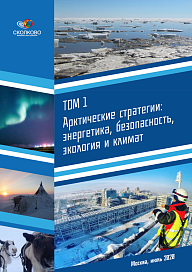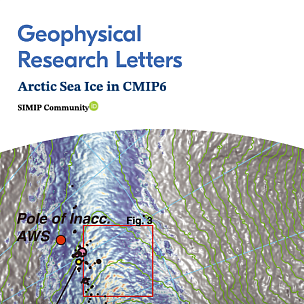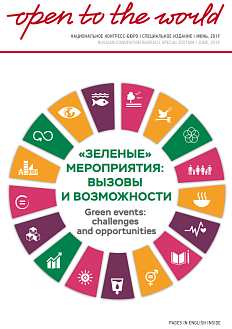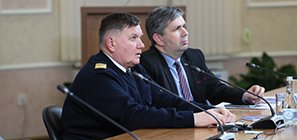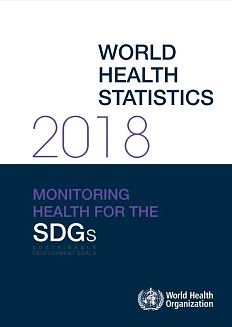Task force Arctic Energy at the Energy Centre of the Moscow School of Management SKOLKOVO present the first volume of study series Arctic Energy dedicated to analysis of arctic strategies of the states declaring their interests in the region. The study is carried out on the basis of public documents on strategic planning in global and national security, social and economic, science and technology development, related to plans and priorities of respective countries in the Arctic region.
The Roscongress Foundation presents the salient points of the publication accompanied by fragments of broadcasts of relevant panel discussions from the business programme of international events held by the Roscongress Foundation.
For a series of countries, delivery mechanisms of proprietary strategies and programs in the Arctic region have similar priorities with transverse interests that strictly comply with taken actions and measures in reclaiming the Arctic.
The authors analyzed priorities indicated in strategies of different countries, and their actual actions, and came to the conclusion that the majority of countries set their agenda in accordance with the announced priorities (main ficus, secondary focus, neutral position). The exclusions are Denmark, Iceland and Norway as their positions demonstrate slight discrepancies.
Strategy of every country shows focus and direction towards a certain priorities group, or specific integrated nature. Next to balanced character of certain strategy components of every country compared to the other players in the Arctic region, one can also observe neutrality policy, development of ideological space and leadership.
Every strategy can be distinguished by fundamental position and is worth considering to understand position of every country on reclaiming the Arctic region.
Video:https://roscongress.org/sessions/iaf-2019-arktika-okean-vozmozhnostey/search/#00:55:24.551
Escalation of social, economic and geopolitical factors provides for achievement of global energy security as a required and sufficient condition to ensure infrastructure for sustainable development of the world community.
Material changes currently happening on the global markets (energy demand increase, requirement in development and upgrading efficiency of technologies, stricter environmental regulations, etc.) demonstrate that energy security (energy welfare) is becoming a more complex and comprehensive objective.
Importance in consideration on interrelated issues in this field associated with challenges in reliable energy supply of developing Northern and Arctic territories. It is worth analyzing strategic guidelines for energy sustainable development that are indicated and can be traced in strategies of the Arctic states (Russia, USA (Alaska), Canada, Norway, Denmark, Iceland, Sweden, Finland). In any aspects it can explain specific importance of energy security factor included into declarations of international organizations and local associations as well as national energy strategies and regulations.
Video: https://roscongress.org/sessions/arktika-novoe-ekonomicheskoe-prostranstvo/search/#00:27:12.512
For more information about construction as a sector with a sizeable share in many economies, rising level of digitalization, and shifts in consumer sentiment in real estate, please see the The Arctic, Environment, Power generation and Sustainable Development.


